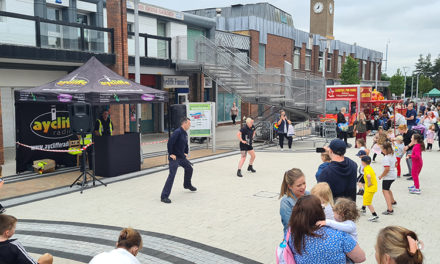Good Samaritans who clear their paths and driveways of ice and snow during the UK’s cold snap have nothing to fear from the law if they act responsibly.
“We know from previous winters that when we have the kind of weather we’re experiencing at the moment, people start to wonder how best to make footpaths and driveways safe, and in some cases whether they should even try at all,” said Karl Tonks, president of not-for-profit campaign group the Association of Personal Injury Lawyers (APIL).
“It is a misunderstanding that a homeowner is automatically liable for any injuries which happen after they have attempted to clear snow and ice,” Karl said. “Every winter people become concerned about this and I want to stress now that you would have to do something very reckless for a personal injury claim to succeed if someone slips and suffers harm in this way,” he said.
Karl says preventing needless injuries should be a priority.
“Snow and ice is treacherous enough and the last thing anyone wants is for more injuries when they can be avoided by using common sense.
Pouring boiling water over snow to melt it, for example, would cause a sheet of black ice when the water inevitably freezes. Keep the job simple and use a shovel and some grit.”
He went on: “A general lack of understanding about the difference between a simple accident and outright negligence is a big problem when it makes people fearful of doing a decent thing to help others”.
The Department for Transport advises people to use sand for traction or salt to melt ice, and to shovel fresh snow early in the morning as any sunshine later in the day will help to melt any of the harder, compacted remaining layers.
“By all means do your bit to help others during the cold snap, just don’t make a bad situation worse,” said Karl.









